Lunar Eclipse
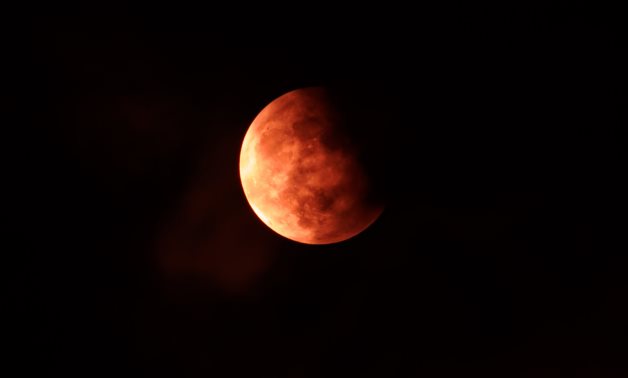
According to the astronomical calculations carried out by the Sun Research Laboratory of the National Institute of Astronomical Research, the globe will witness a total lunar eclipse on Monday, May 16, 2022.

The so-called Buck Moon can be seen only by telescopes in the regions where it appears.
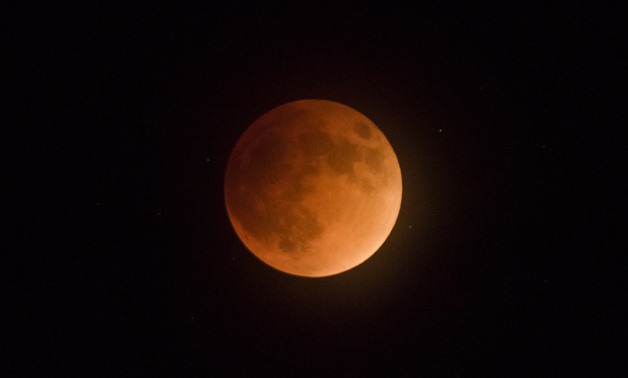
The only total lunar eclipse until 2021 will take place on Monday, January 21 featuring a super blood moon.
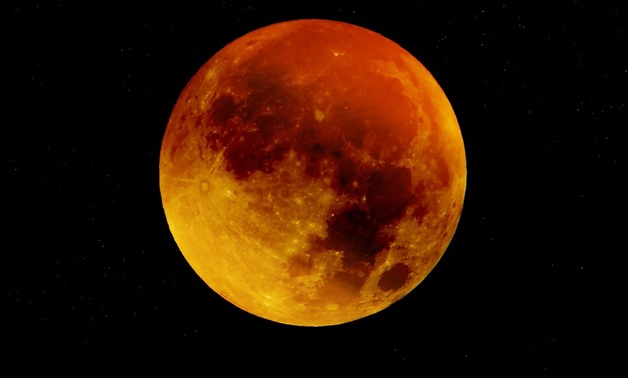
Total lunar eclipses occur when the moon moves into perfect alignment with the sun and earth, giving it a copper-red or "blood" appearance to those watching from below.
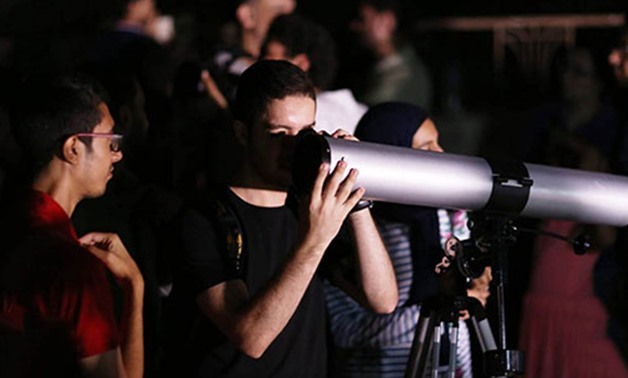
Coinciding with the longest lunar eclipse in the 21st century, Egyptian Adventurer and entrepreneur Omar Samra joined a group of international analogue astronauts to participate in a unique lunar analogue mission in Pila, Poland.

The institute said a specialized team will be equipped with astronomical devices such as telescopes and electronic cameras to photograph the celestial event.
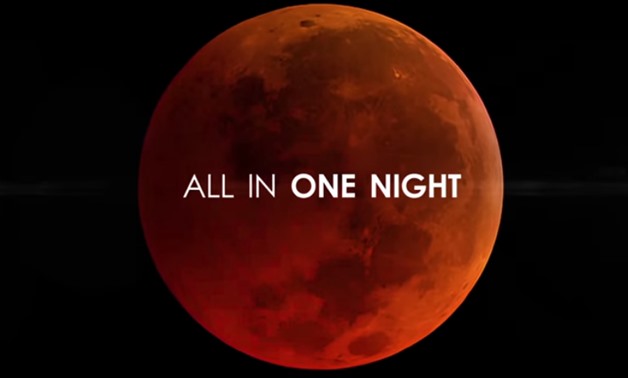
The rare “Super Blue Blood Moon” will light the sky across the world on January 31, for the first time in more than 150 years.

The eclipse will not be visible in Egypt or the Arab World.

An amazing Photo of the lunar eclipse as it showed through Egyptian sky taken by Amr Abdel Wahab.
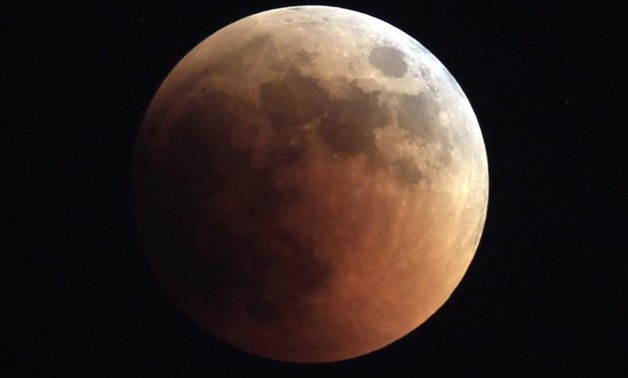
The skies of Egypt and the rest of the Arab world will be met by a partial lunar eclipse 7 August during the evening.

Astrotrips, an astrology group in Egypt, is planning a trip on August 7 to Alqatameya observatory, almost an hour from midtown Cairo for cost LE 350 ($19.55).

A lunar eclipse is estimated to take place on August 7 night that starts at 17:50 and ends at 22:10 .
Most Read